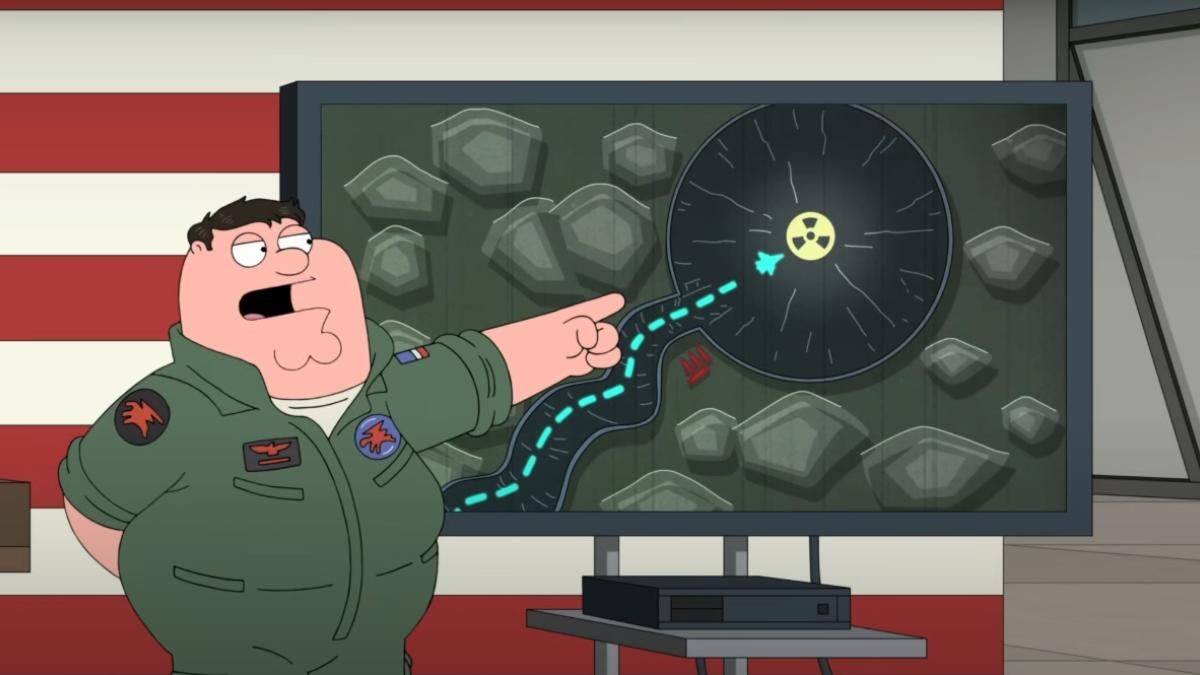Analyst: Video Game Companies May Cut Back On Microtransactions This Year
If there’s one controversy that loomed large over a number of high-profile video game releases [...]

If there's one controversy that loomed large over a number of high-profile video game releases last year, it's no doubt Microtransactions. Games like Star Wars: Battlefront II, Middle-Earth: Shadow of Mordor, NBA 2K18 and Forza Motorsport 7 were notorious with offering some kind of loot crate or "pay to win" system that drove quite a few gamers mad.
That said, one analyst believes that game companies will be cutting down on having these in their games for this year, merely in the hopes of giving gamers stuff they really want.
Analyst Doug Creutz, who works with the Cowen banking firm, recently spoke with CNBC about what he expects different game companies to do with this year, especially surrounding the controversy with some of last year's biggest hits.
He explained, "Game development times are getting longer, and R&D costs are growing faster than they had previously. This isn't a monopoly business…Angering your customer with bad MTX (Microtransactions) does matter."
And there were a few games notorious with it. Star Wars: Battlefront II had a system that was frowned upon by many players until Electronic Arts changed it at the last second. (Possibly with pressure from Disney, we might add.)
"(Star Wars: Battlefront II) had pretty clearly significantly underperformed expectations and remains without a live services revenue stream, while Destiny 2 has at the least suffered some unwanted engagement attrition," said Creutz. "We suspect that 2018 will see a pullback on industry attempts aggressively drive MTX growth as a result."
This could mean the reintroduction of something like the Season Pass, a plan that worked pretty well for games like Call of Duty: WWII. At least, that way, gamers know what they're paying for, instead of taking a gamble with necessities.
"It's not just that gamers are angry and complaining," he explained. "There have clearly been performance consequences for the games involved. And in an industry where every company is dependent upon a relatively small number of franchises, this matters."
Now it's just a matter of seeing how some companies follow through, or if this will change the status quo of business. After all, development costs have to be made up somewhere, and it's up to these companies to figure out the best way to do that.




